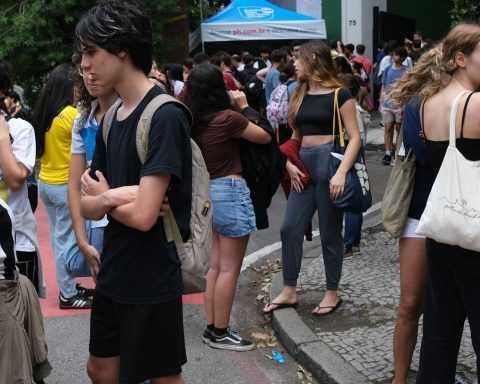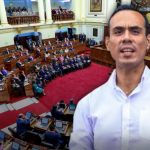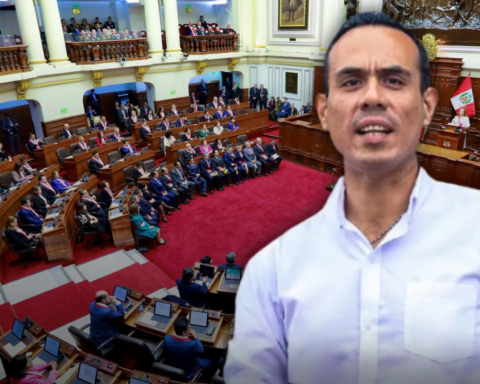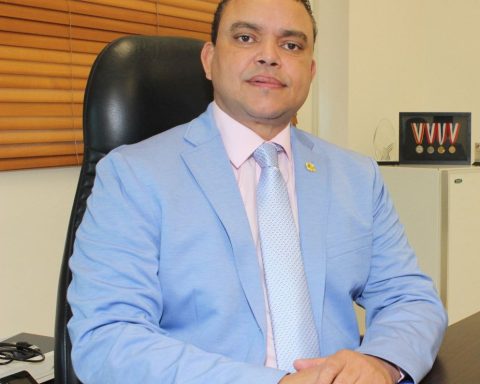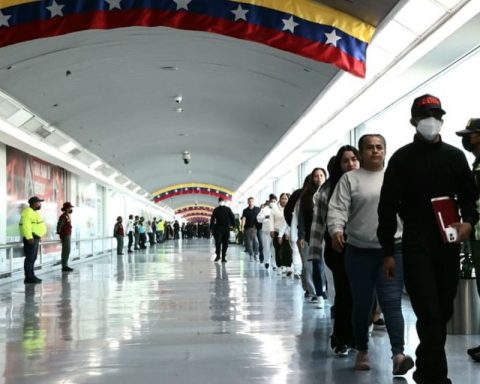Despite the street carnival having been officially canceled in states where revelry is traditional, blocos did not fail to come out and attract thousands of revelers. Faced with the crowds, city halls opted for awareness-raising actions in many of the processions. Private events were also targets of actions. Official balances, made on this Ash Wednesday, include inspections, interdictions and cancellations of unauthorized events. 
In the city of Rio de Janeiro, only the private parties, with mandatory presentation of the vaccination passport. Carnival blocks, however, took to the streets of the Rio de Janeiro capital.
In a note, the Public Order Department and the Municipal Guard inform that 12 clandestine blocks were demobilized, three on Saturday (26), five on Sunday (27), three on Monday (28) and one on Tuesday ( 1st).
“The Public Order Secretariat based its approaches on dialogue and awareness; with a focus on reducing possible damage in situations with crowds and also to avoid blocking roads”, says the folder.
Across the state, over the four days, 106 unauthorized events were canceled, according to the government. The special planning of the Secretary of State for Military Police for the extended Carnival holiday extends until next Monday (6).
savior
In Salvador, this year’s carnival period was, in the opinion of mayor Bruno Reis, “even calmer than last year”.
According to Reis, the occurrences were punctual and, even with a large part of the population with complete immunization against covid-19, there were not as many agglomerations as last year, when vaccination was at an early stage across the country.
The street carnival in the capital of Bahia was canceled in January. On social media, the city hall counts down to the reunion, in the 2023 carnival.
In a note, the city of Salvador informs that, during the period in which the carnival would take place, there were no complaints of clandestine blocks in the sections Barra/Ondina, Campo Grande/Praça Castro Alves and Pelourinho, regions famous for their carnival celebrations.
A task force with municipal bodies and support from the Military Police has been on the street since last Wednesday (23) to make citizens aware of avoiding crowds in the streets, curb unregulated commerce and noise pollution, in addition to verifying compliance with health protocols to combat covid-19 in commercial establishments.
Olinda
In Olinda (PE), according to the city hall, there were agglomerations in the region where the bars are located in the historic area. There is still no final balance of the inspection operation.
Also in January, the city hall canceled the revelry schedule and, in February, published a decree prohibiting the performance of live music and the use of mechanical and electronic sound equipment until 6 am on Thursday (3), throughout area comprising the historic site.
Belo Horizonte
In Belo Horizonte, the city government chose not to financially support this year’s carnival or register blocks or invest in infrastructure. Despite this, the municipal executive allowed spontaneous demonstrations. The Superintendence of Urban Cleaning informs that the street sweepers collected 100 tons of waste during the four days.
During the period, around 1,000 inspections, assessments and verification of complaints made by residents and compliance with sanitary protocols during authorized events in the city were carried out. Three establishments, located in Pampulha, were banned for holding an event without a license and for noise pollution.
The non-use of the mask was the biggest irregularity observed, followed by the unavailability of gel alcohol at strategic points. Most of the tax actions generated a warning. There were no fines or seizures.




